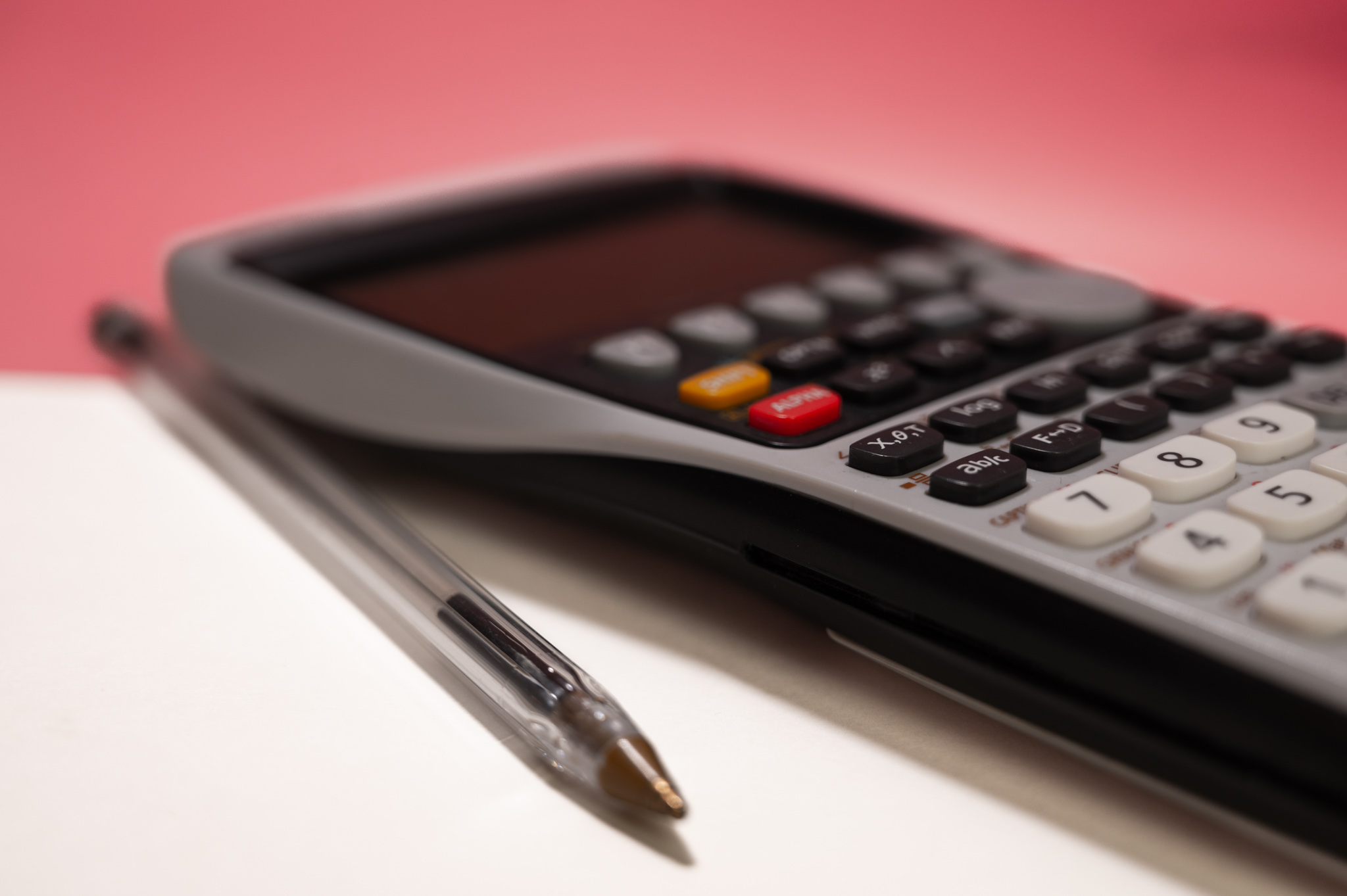Speculation Tax When Selling A Property
How Speculation Tax Can Crash Your Real Estate Sales

Are you thinking about selling your property? Well, first of all: you've come to the right place. At Urbyo, we take over all the marketing and send your portfolio to interested parties. Simple as that. But we want you to know all the crucial details of the sale and not be surprised by things like the speculation tax, which also exists in the real estate world. It applies under certain conditions and means that you may have to pay up to 45% of your profit from a property sale. Yikes!
This article will explain the speculation tax on real estate sales, how you can calculate it, and how to avoid it. Spoiler alert: Speculation tax doesn't apply for homes bought more than ten years ago, but owner-occupancy also plays a role.
- Speculation Tax
- Calculation
- Exceptions
- FAQ
Speculation Tax On Real Estate Sales
Basically, the speculation tax is an income tax. You have to pay it if you sell your property within ten years of purchase, and you make a profit doing so. These ten years make up the so-called speculation period. Here, we look at the exact dates when the first contract (for the purchase) and the second (for the sale) were notarized.
According to Section 23 of the German Income Tax Act (EStG), the sale of real estate is a private sale transaction. It means you have to declare the profit you make as personal income in your tax return.
The amount of speculation tax is not fixed but depends on your tax rate. Using this equation, you can calculate how high the tax will be: (income tax paid x 100) / taxable income. You can find the info you need on your last tax statement.
Example:
Last year you earned €30,000 and paid €5,000 in income tax. Then your tax rate is (5,000 € x 100) / 30,000 € = 16.67%.
In this example, you pay 16.67% income tax (or speculation tax) on the profit you make on the sale of the property.
Good to know
You only pay speculation tax on real estate if you have acquired it as a capital investment and sell it before the end of the ten-year speculation period. If you're the owner and have lived on the property yourself for two years, the speculation tax no longer applies.
By the way: If you inherit a house or a condo and want to sell it, the date the previous owner purchased it is the deciding factor for the speculation period, not the date when you became the owner. However, if you sell an entire property, you'll always have to pay the speculation tax.
Does the Speculative Gain On a Property Affect the Tax Rate?
Or to put it another way: Is the speculative profit added as income? The answer is relatively simple: Yes! So the speculative profit you make from the sale of your property has an impact on your tax rate. This is because the term speculation tax is simply a colloquial term for the income tax levied on profits from private property sales.
The profit you make from private real estate sales must therefore be declared as additional income in your tax return. It therefore affects your tax rate.
How to Calculate Speculation Tax
So far, so good. But what does that mean in terms of numbers? If you know your tax rate, you can calculate the amount of speculation tax in no time: Profit x tax rate = speculation tax.
For example: If you bought your property for €200,000 and sell it after six years for €250,000, you make a profit of €50,000. You have to pay tax on this profit at 16.67%. That means you have to pay €50,000 x 16.67% = €8,335 speculation tax.
The costs for the notary and possible fees for renovations or the prepayment penalty to the bank are deducted from your profit and not subject to speculation tax.
Either way, you might miss out on a pretty penny, which raises the question: Do I always have to pay the speculation tax? The answer is no.
When You Don't Need To Pay Speculation Tax
Avoiding taxes may sound a little shady, but no need to worry: There are very legal, tried-and-true ways to not have to pay the speculation tax. The most obvious way to avoid it? Wait ten years to sell your investment property, or two years to sell your home. If that's not an option for you, there are other ways the legislator may assume that you're not selling your property primarily for economic reasons:
You originally bought the property as an investment but have now been living in it yourself for the last three years
You inherited a property that was purchased more than ten years ago
You received the property as a gift, and it was bought more than ten years ago
You've been using your property as a second home for the last two years and haven't rented it out when you weren't living there
In all these cases, you can avoid paying the speculation tax and keep the sales profit for yourself.
Info
If you don't make more than €600 profit on the sale, you won't have to pay taxes. That's the upper limit for the annual tax-free amount for gains from private sales transactions.
If you need a few more tips on how to sell your property quickly and easily – and possibly avoid speculation tax – feel free to post your questions in our community. Here, you'll definitely find owners and experts who have been through this at least once.

